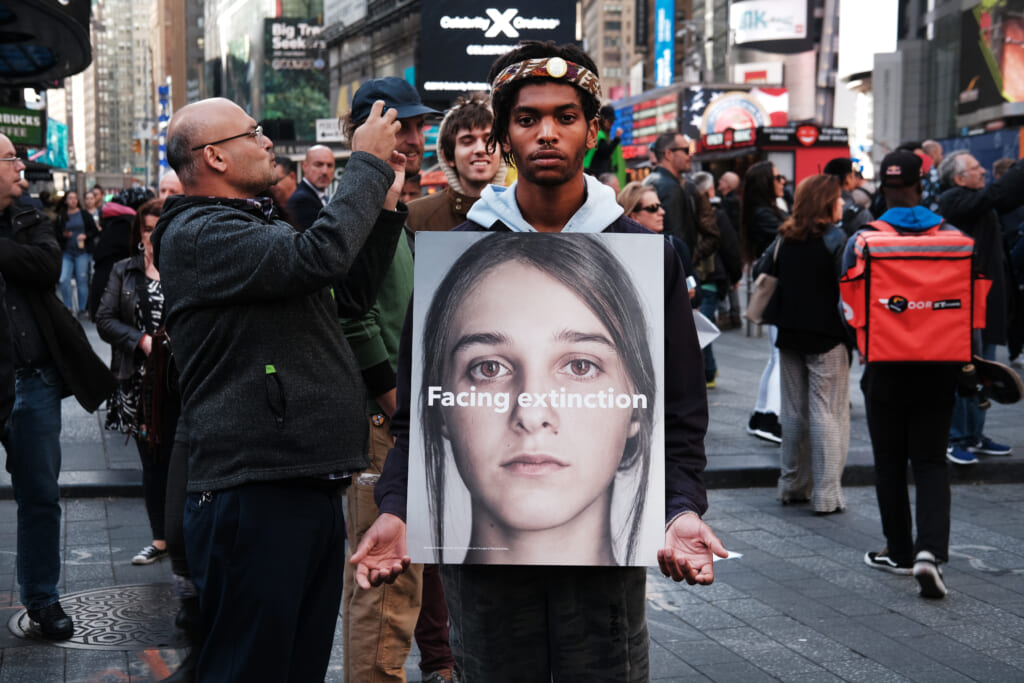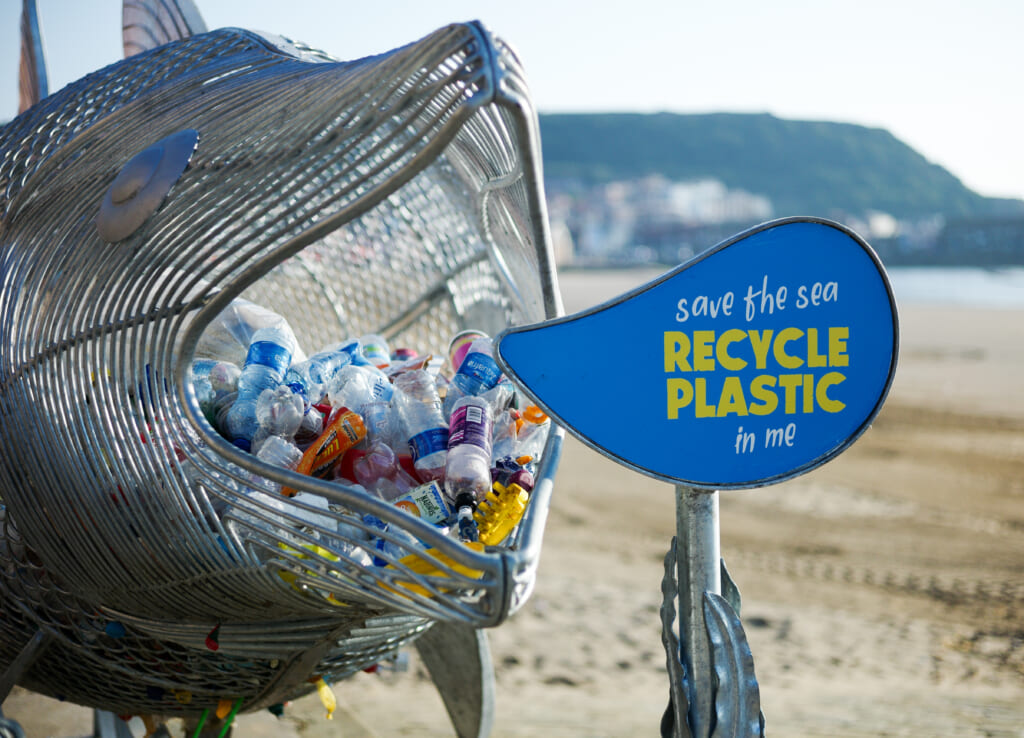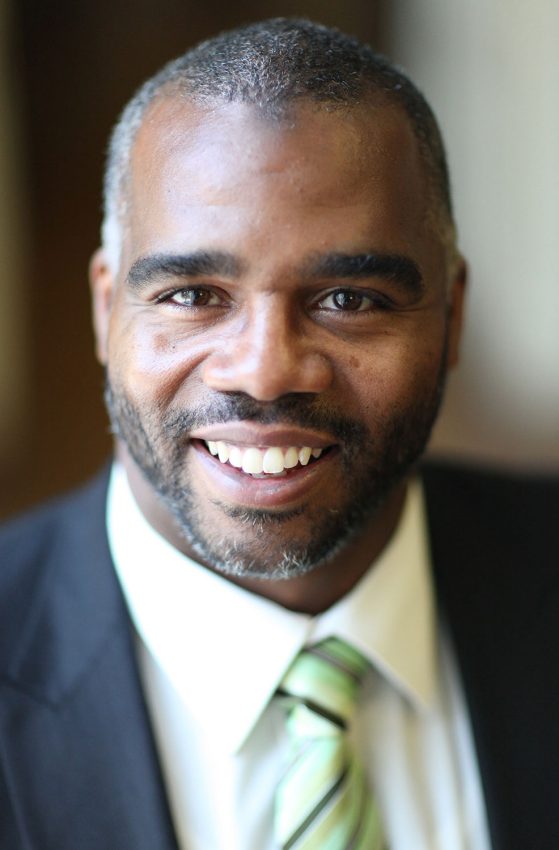A 5-point plan to addressing climate change and protecting the planet
OPINION: Before, during and after Election Day, we should stand for the abundance that the earth can offer when we allow it to grow and us to grow safely with it.

When it comes to tackling global climate change sadly both Vice President Mike Pence, with his Trumpian dismissal of the Green New Deal, and Senator Kamala Harris for her defense of hydrofracking, missed the mark on the debate stage.
The saying goes fool me once, shame on you. Fool me twice shame on me. Well, when it comes to heeding the scientific consensus about the impacts of global climate change and taking steps to stop It well, then, it’s shame on all of us. We have allowed climate change deniers and industry apologists to tell us how to tackle the most existential crisis we face.
According to the Intergovernmental Panel on Climate Change (IPCC), “Warming of the climate system is unequivocal, and since the 1950s. The atmosphere and ocean have warmed, the amounts of snow and ice have diminished, and sea level has risen.”
Read More: Underwater and on fire: US climate change magnifies extremes

Human influence on the climate system is clear, and recent anthropogenic (human-caused) emissions of greenhouse gases are the highest in history. Recent climate changes have had widespread impacts on human and natural systems.”
We can’t keep doing the same thing. What we need is a plan that can move the natural world out of the crosshairs of human activity. The plan needs to work at all multiple scales, from the individual to the population level so that all people can be part of the solution instead of being part of the problem.
This 5-Point plan adapted from my good friend Jason McLennan and fellow board member of the Living Future Institute is, “our big assignment.”
First, we need to decarbonize everything. We have to cut off the source and stop using oil, coal, and gas to generate electricity. Instead, we need the rapid development of renewable energy sources. The good news is that we actually have the technology to take advantage of clean energy.
Tech like LED lights, heat pump-based HVAC systems, and induction stoves will be crucial. So will micro-mobility which refers to small, lightweight vehicles typically bicycles, Ebikes, electric scooters, electric skateboards, and electric pedal-assisted bicycles. It is time to stop privileging one mode over the others and align our infrastructure to this critical decarbonization goal.
Second, we need to ban all single-use plastics. Single-use plastics include grocery bags, plastic cutlery, food packaging and beverage bottles, and product packaging that all make up 40% of all plastic production. According to the Ocean Collectiv, we’re on track to have more plastic in the ocean than fish by 2050.

A quarter of all fish and a third of all shellfish sampled in US markets contains microfibers and microplastics. Eighty-three percent of drinking water samples from around the world are contaminated with microplastics. There is a lot more to do but banning single-use plastics is a good start.
Read More: Fox News host Tucker Carlson says only liberals believe climate change and systemic racism are real
Third, we need to save what’s left in the natural world. Ten percent of the world’s arable acres lie within the United States. But these lands are constantly under threat by development. We need to support local, regional and state-level policies that can help protect farmland, ranchland, and support organizations, like the Trust for Public Land, that secure and conserve natural areas.
Land trusts, park developments, family trusts that protect land are all vital. All of us need to visit natural areas and support others having access to sunshine, trees, vistas, breezes and clean air.
Four, we need to heal scarred earth and invite life back. One of my personal heroes is Leah Penniman, the farmer, educator, author, who co-founded and manages Soul Fire Farm in Upstate New York. She is part of a movement of farmers who seek, in part, to bring back traditional regenerative farming practices that capture carbon and return organic matter and native biodiversity to the soil.
At Soul Fire Farm they have gone from 2% organic matter to 12% — which represents a return to the state that the soil was in pre-colonial times. Efforts like these should be the standard for how we renegotiate our relationship with the earth.
Finally, we need to be involved where we live and challenge the dominant worldview of colonialism, consumerism, and the concentration of power governed through violent force and advance a worldview of sacredness and care, as well as ecological and social well-being governed through deep democracy.
Voting is crucial. However, before, during and after we vote we must build relationships with people and create our future right now regardless of who is in power. Politicians should follow our lead and we should stand for the abundance that the earth can offer when we allow it to grow and us to grow safely with it.
Let’s start there. Let deserts bloom, forests heal from fires, wetlands restored, over-tilled land to be replenished, and people to breathe clean air, drink clean water, and to live lives of dignity.

Ibrahim Abdul-Matin is the author of Green Deen: What Islam Teaches About Protecting the Planet and is the co-founder of Green Squash Consulting a management consulting firm based in New York that works with people, organizations, companies, coalitions and governments committed to equity and justice and specializes in dynamic strategic and focused stakeholder management and partnership development. He sits on the board of the International Living Future Institute encouraging the creation of a regenerative built environment.
Have you subscribed to theGrio’s podcast “Dear Culture”? Download our newest episodes now!
TheGrio is now on Apple TV, Amazon Fire, and Roku. Download theGrio today!
